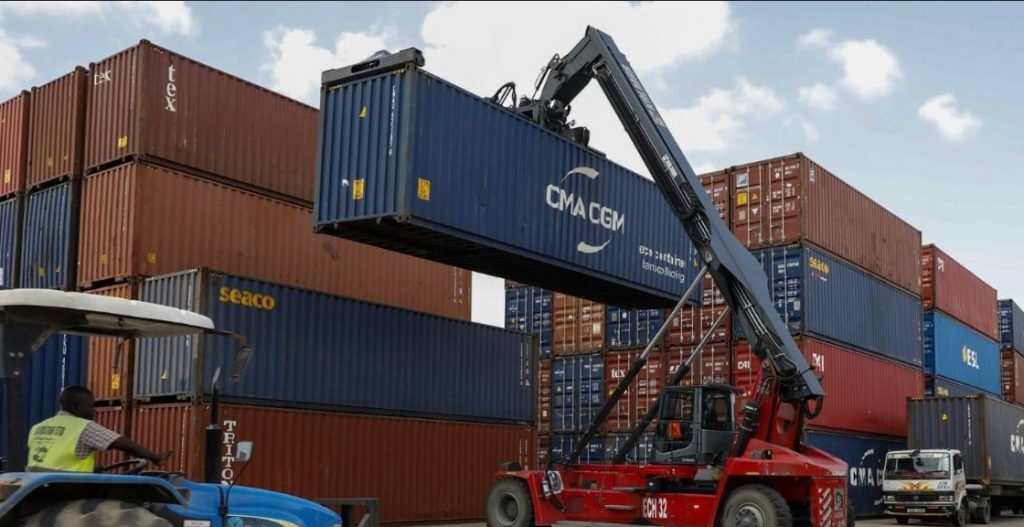
A new row has broken out in Kenya’s export sector after the Kenya Plant Health Inspectorate Service (KEPHIS) introduced pest inspection fees that shipping lines say are being unfairly pushed onto them.
The Kenya Ships Agents Association (KSAA), which represents international carriers operating in the country, has publicly opposed the charges, warning that they could slow down exports, disrupt supply chains, and harm Kenya’s reputation in global markets.
While KSAA insists it supports KEPHIS’ role in safeguarding the country’s biosecurity, the association argues that the new billing system makes shipping lines pay for a problem they neither create nor control.
KSAA points out that global trade rules clearly define where responsibility sits. “International guidelines such as those under the International Plant Protection Convention (IPPC) and ISPM 15 assign responsibility for pest-free cargo to the exporter or cargo owner, who manages sourcing, treatment, and packing of goods,” the association said.
According to the group, pests are most likely to enter cargo during stuffing and stripping at farms, packhouses, or consignees’ premises not on the vessel itself, nor while containers sit at marine terminals.
Shipping lines, they argue, are simply carriers: responsible for moving cargo but not for what is inside the sealed containers.
KSAA’s concern goes beyond the cost burden itself. The group fears that KEPHIS could block shipments if inspection fees remain unpaid, creating bottlenecks that would be especially damaging for time-sensitive exports such as fresh flowers, vegetables, and fruits.
“Blocking exports due to unpaid inspection charges without clear, equitable responsibility allocation risks disrupting trade flows, damaging exporters’ reputations, loss of revenue, and undermining Kenya’s reliability in international markets. The long-term consequences could include lost buyer confidence and reduced market share for Kenyan produce,” the association said.
The warning comes at a sensitive moment. Kenya’s floriculture industry alone brings in more than USD 800 million annually, with most exports headed to Europe, where phytosanitary standards are extremely strict. Any delays or disputes at the port risk undermining that business.
Shipping agents insist they are not resisting inspections altogether. In fact, the industry has been providing KEPHIS with cargo data for years to help with monitoring and compliance. But KSAA maintains that inspection costs should fall on the parties who manage the cargo before it is sealed.
“Our shared goal is to protect Kenya’s biosecurity while ensuring enforcement measures are proportionate, effective, and targeted at the actual points of responsibility,” the association said.
The group is now calling for dialogue with government agencies to create what it terms a fair and transparent framework for pest inspection and cost allocation.
For now, the dispute highlights the tension between Kenya’s ambition to grow agricultural exports and the rising regulatory demands in international trade. Analysts warn that if costs are misallocated, Kenya could end up making its logistics chain more expensive and less reliable compared to competitors such as Ethiopia and South Africa.
